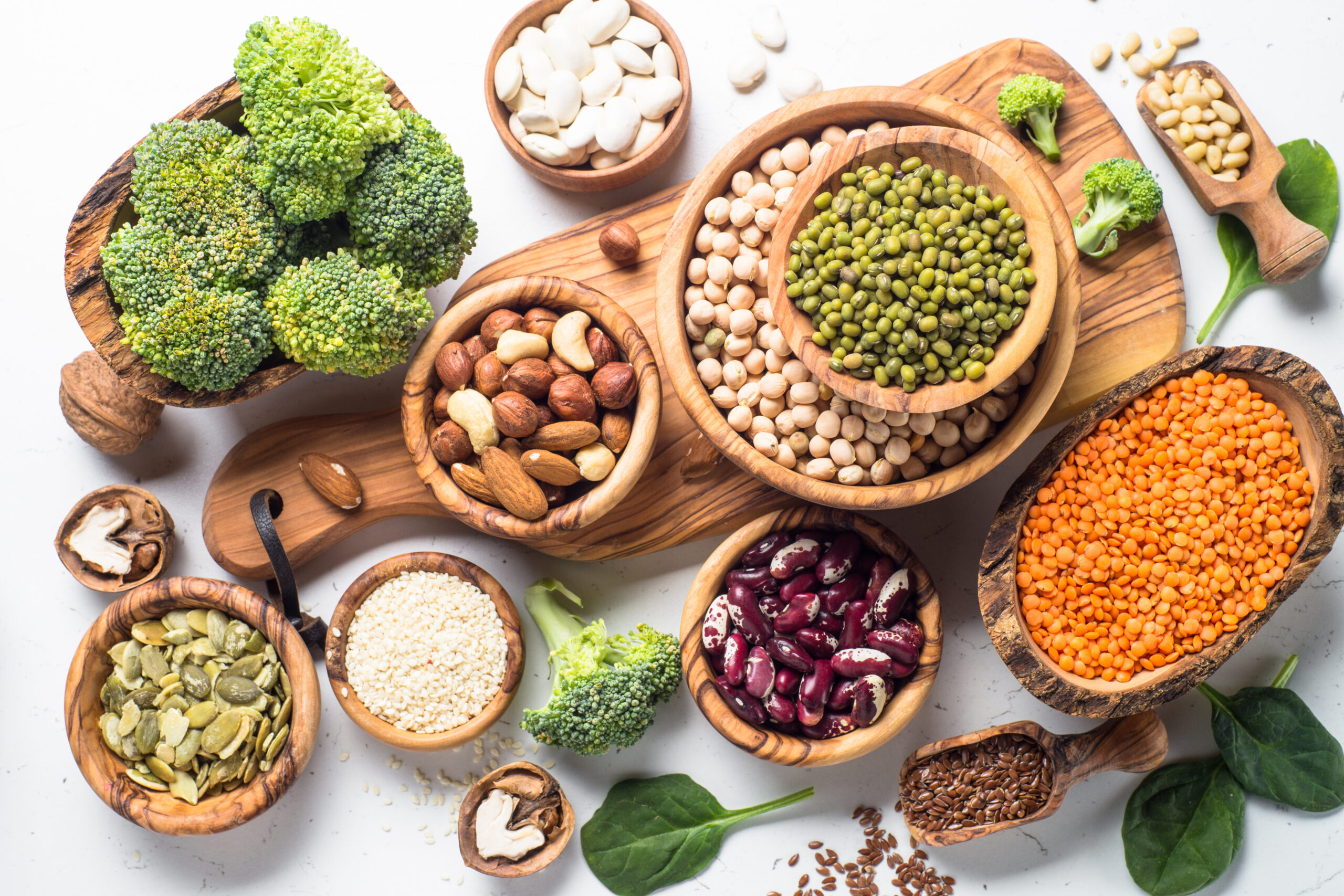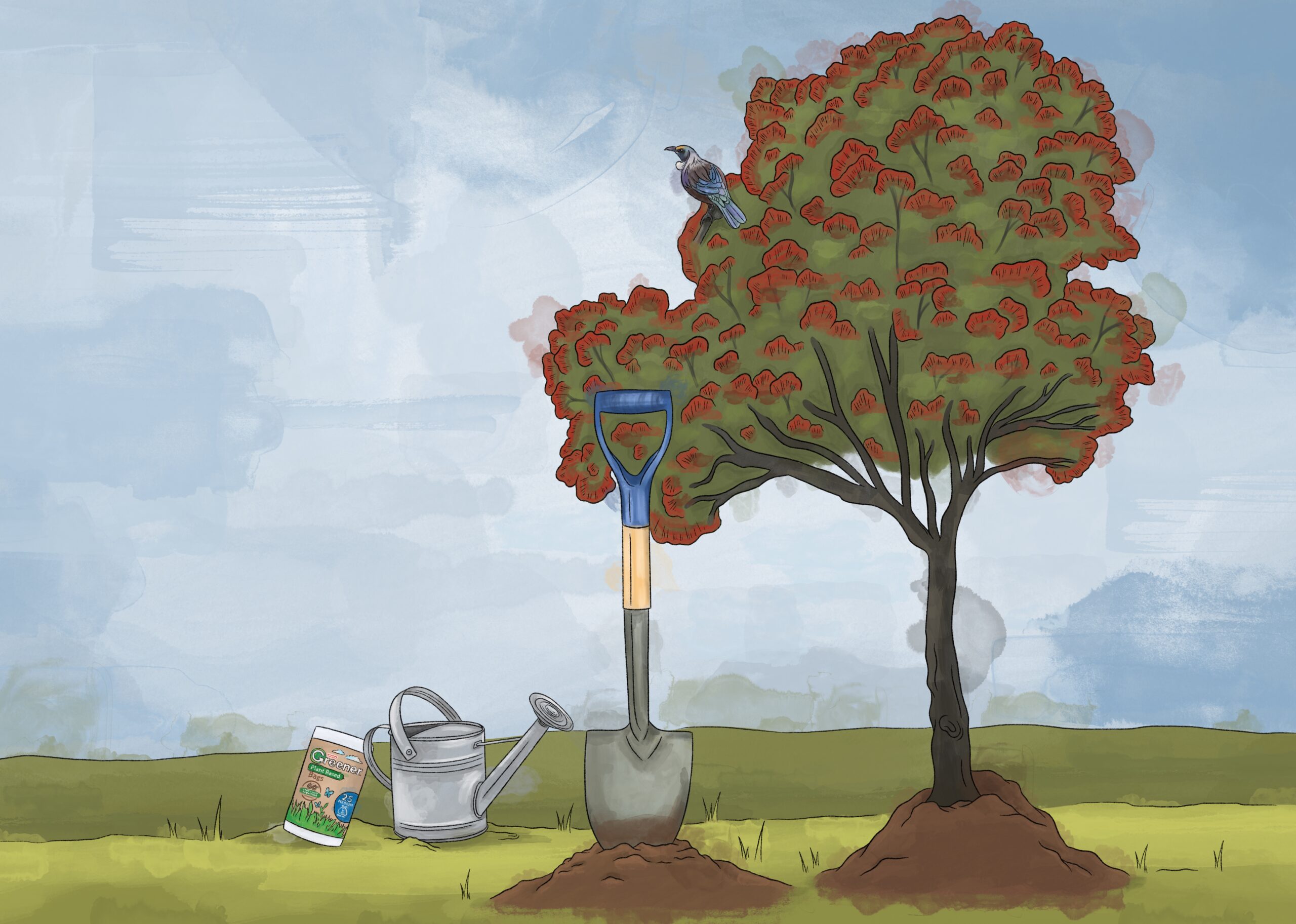When it comes to nutrition, it’s safe to say that most of us know a thing or two about carbs and fats. However, when it comes to Protein, while many of us might know it’s good for us, do we know much more?
A study done in 2021 by Tasti, the New Zealand-owned company that has introduced its first protein and probiotic snack bar – Protein+ Probiotics – reveals 78% of Kiwis are unsure about how much protein they should be having each day.
We spoke with Registered Nutritionist and Senior Lecturer Dr Mikki Williden to get a clearer picture on protein and its benefits.
Why is protein important?
“Protein provides the building blocks for our muscular skeletal system, and it helps regulate appetite and hunger. It also keeps blood sugar regulated so you can focus without the ‘hanger’! When you consume enough protein throughout the day, it can help to balance our energy levels because the two are intricately linked. The more we can regulate our blood sugar, the better we can regulate our energy.”
What are some common misconceptions about it?
“Protein is one ingredient that has many misconceptions. Most people incorporate an adequate amount of protein in their evening meal and think this does the trick, but that’s not necessarily the case – in fact, the distribution of protein is equally as important as how much you consume.
“Having the right amount in earlier meals, and/or planned snacks throughout the day, is essential to meet our daily needs. As mentioned previously, this also helps prevent fluctuating blood sugars that can cause energy dips, and keep us fuller for longer – preventing a 3pm dive into the vending machine. It’s great to see additional higher protein convenient options out there that make protein more available when you haven’t had the opportunity to prepare food in advance.”
How much protein should we be having?
“The recommended dietary intake (RDI) is 0.8g per kg of body weight per day. Current thinking among scientists who study protein requirements believe this RDI is a bare minimum, and most of us actually require double this amount when we account for how much protein supports our health.
“It’s interesting because Tasti’s study found that 60% of us have a genuine interest in meeting our daily nutritional needs, but I think protein is trickier to understand than most ingredients. People have historically had a perception that protein was more important for athletes or people wanting to build muscle mass. However, it’s important for us all to have protein from a variety of sources to provide a diet with a complete range of nutrients.
“Additionally, protein sources are not as convenient. You can pick up snack options that are predominantly carbohydrate based from a petrol station, but actually getting protein is much more challenging for people, which is why so many of us really struggle to meet our protein requirements. It’s great to see snack bars, like Tasti’s Protein+ Probiotics, being made available for consumers as they give people a convenient way to consume protein throughout the day. This one also has probiotics, which research shows are important to help us digest and absorb the amino acids found in plant-based protein.
“A lack of protein in a balanced diet can be a particular problem for women, who are likely to not eat enough. For example, women are less likely to sit down and devour a 200g steak than men, and tend to underestimate their protein needs. However, don’t be fooled – women need protein just as a much as men do in terms of muscular skeletal, hormone and immune-related health. I’m constantly telling my female clients to eat more protein, particularly as we age.”
Why are probiotics also an important part of the mix?
“Plant-based proteins are less accessible for the body to digest, so by combining them with probiotics to improve gut health, the amino acids provided by the protein are more easily used by the body. The gut microbiome – and the effect of probiotics – is a topic that has recently received more attention by scientists than even five years ago. There are thousands more academic papers than what there were then.
“Our overall health is largely a function of gut health. It affects overall levels of inflammation and our immune system. There’s a saying that ‘all chronic disease begins in the gut,’ but it’s important for people to understand what that means for them.”
Do you have any other important tips to help us stay healthy over the silly season?
“People stress themselves out because they’re not eating perfectly, but there needs to be a middle ground. It’s all about being sensible with your snacks – if you’re choosing to have a snack bar, consider a high-protein one. Be your own investigator. I’m a firm believer in asking yourself, when you’re eating something, how does it make you feel?
“And finally, while it can be tempting to jump on the latest beach body diet, crash-dieting is more likely to end up making your blood sugar go wild and may result in overeating as a result. It can also create an unhealthy relationship with food. Food is to be enjoyed and not feared!” Drink plenty of water, fill up on protein with an abundance of vegetables, enjoy being outside and being active, find time to slow down after a crazy year, and bring on 2021.







